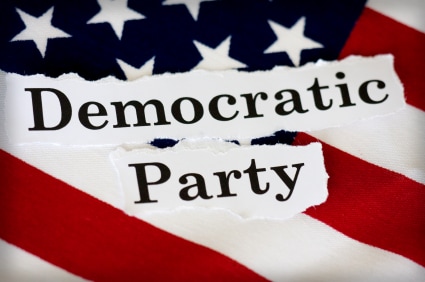(ThyBlackMan.com) Our nation recognizes Veterans Day by honoring America’s service men and women for their courage, honor, patriotism, and sacrifice each year. As we do so, we cannot forget how national recognition and appreciation were not always free of deceit and hypocrisy. In his book, Half American: The Epic Story of African Americans Fighting World War II at Home and Abroad, historian Matthew Delmont writes about the crucial contributions of more than one million Black Americans who served in WWII. He details the dual battle Black service members waged in fighting fascism overseas and racism at home, including how the Black press played a vital role in helping Black Americans understand the true threat of fascism and why something had to be done to stop its spread. Stories from the Black perspective are often omitted from school textbooks.

In 1940, Black Americans made up almost 10% of the total U.S. population—12.6 million out of a total population of 131 million—and the Army became the nation’s largest minority employer. From the 2.5 million Black males who registered for the draft, more than one million joined the armed forces. In addition, thousands of Black women and these inductees served in all branches of service and operation areas during the war. The journey for these men and women was different from their white counterparts. On July 26, 1948, then-President Harry Truman signed the executive order abolishing segregation in the armed forces and ordered the full integration of all branches. As expected, Truman’s order received resistance from politicians, military officers, and all segments of the public who not only opposed integration in the military but everywhere. Regardless of the racial resistance, Black men and women continued to serve their nation with honor. It takes a special person to love their country and fight for it when the love and appreciation are not always returned.
Matthew Delmont speaks about the Black newspapers of the 1930s and how they provided extensive coverage of the rise of fascism in Europe. They laid the groundwork for Black Americans to recognize and relate to the serious threat posed by Adolf Hitler and the Nazis. Many of those who chose to enlist and serve in the military saw how Hitler identified with Jim Crow laws in the U.S. South to justify his treatment of European Jews. When we continue to recognize Veterans Day, we should honor the untold stories of Blacks who enlisted from northern cities like Chicago, Cleveland, and New York and would have to travel to military bases in the Jim Crow South for training. Based on the letters written to the NAACP, Black soldiers explained how they would be safe once deployed to war in Europe compared to the danger they faced while being trained on military bases in Georgia, Alabama, and Mississippi. Each year we recognize Veterans Day, we should remember how a million Black World War veterans were denied the benefits associated with the GI Bill.
The original G.I. Bill lifted a generation into the ranks of the middle class by providing a wide range of benefits to World War II veterans, including low-cost mortgages, low-interest loans to start a business or farm, unemployment compensation, and funds to pursue a college education. When the original G.I. Bill ended in 1956, nearly 8 million World War II veterans had received education or training, and 4.3 million home loans worth $33 billion had been provided. However, these same benefits were regularly denied to Black World War II veterans and their families, thus denying Black families and their descendants the opportunity to build prosperity and generational wealth. As employment, college attendance, and wealth surged for whites, disparities for their Black counterparts continued to widen. While the GI Bill’s language did not specifically exclude Black veterans, it was structured in a way that ultimately closed the doors for 1.2 million Black veterans who bravely served and sacrificed for their nation. Historian Ira Katznelson wrote, “No greater instrument for widening an already huge racial gap in postwar America than the G.I. Bill.”
“The quickest ways to overcome poverty in this country are through education and homeownership. The denial of these benefits to Black veterans returning from service has impacted the accumulation of generational wealth for Black families across the country,” said Rep. James Clyburn. As a result, Reps. Clyburn and Seth Moulton earlier this year introduced the Sgt. Isaac Woodard, Jr. and Sgt. Joseph H. Maddox G.I. Bill Restoration Act. The legislation, which is intended to address the deceit and hypocrisy surrounding the implementation of the original G.I. Bill, will extend access to VA loans and educational assistance to the surviving spouse and certain direct descendants of Black World War II veterans. As we celebrate Veterans Day, we should also remember the hundreds of Black veterans who were attacked and lynched upon returning home.
Written by David W. Marshall
Official website; https://davidwmarshallauthor.com/

















Leave a Reply